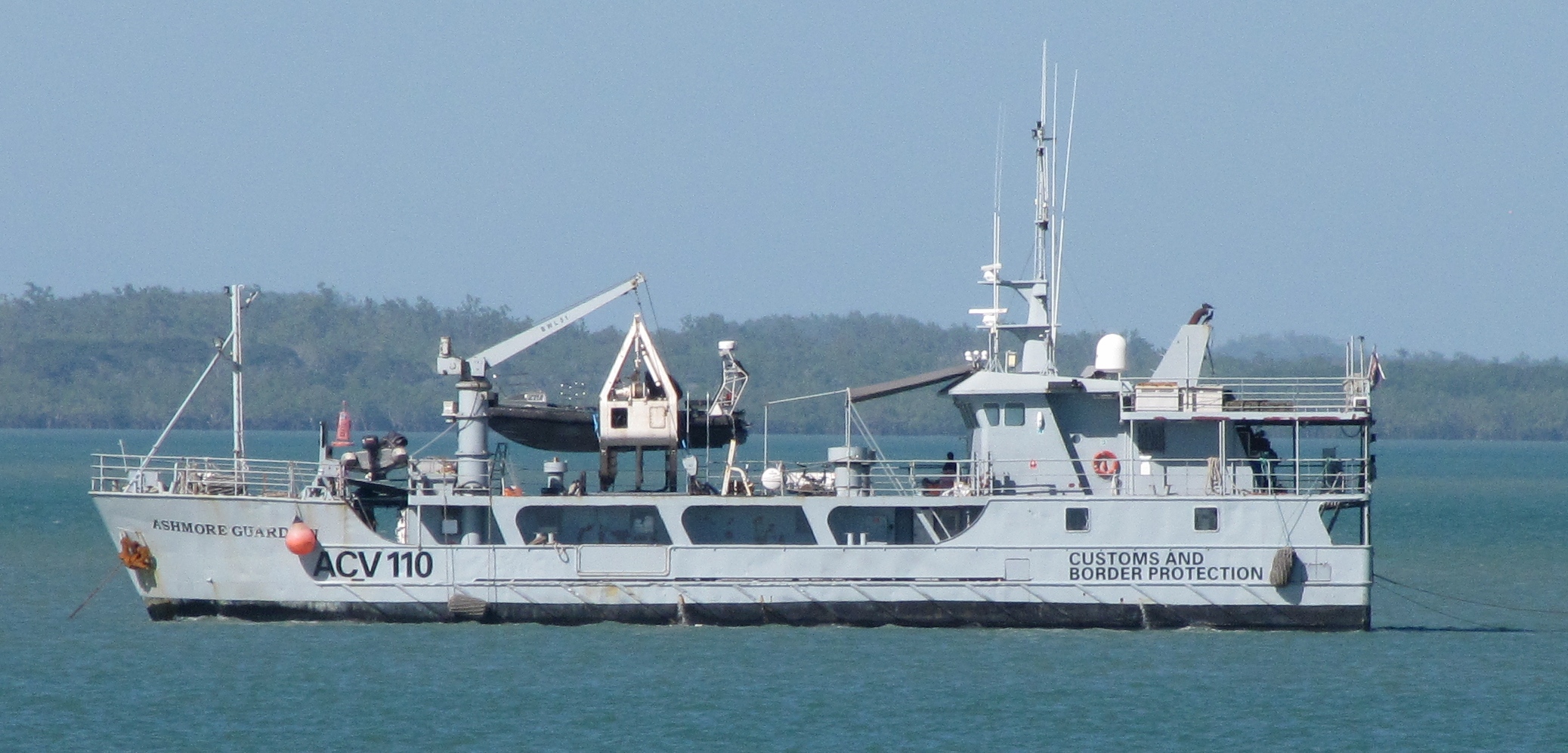Setting the Scene
The changes that the Rudd/Gillard/Rudd Governments have made to Australia’s refugee processing and border protection system have created a policy debacle. Over the past five years there have been over 50,000 boat arrivals and more than 1,000 deaths at sea.
Since 2007, Labor has changed policy 11 times – at first denying the problem, then blaming the problem on ‘push’ factors, and finally acknowledging that the policy changes they instituted stimulated the people-smuggling trade. The Labor Government’s failure to stem the flow of boats can also be attributed to a failure in competence – an inability to successfully implement policies which may, in the right circumstances, have worked.
The task for whoever wins government will be great. The consequences of failure include continued pressure on the budget bottom line, an evolving social crisis for refugees trying to integrate into the community, strained relations with our neighbours in Indonesia, Malaysia and the Pacific, further deaths at sea and potential security threats from unauthorised arrivals. Success means that the Australian Government delivers on one of its core responsibilities – maintaining sovereignty over our nation’s borders.
The Plan
Mr Abbott has promised that a Coalition Government will “stop the boats”. Underlying this commitment is a comprehensive policy developed by the shadow Minister for Immigration, Scott Morrison. The policy consists of a number of core principles and initiatives:
- Consistency – The Coalition has had a consistent position for at least three years now and it is a policy based on proven measures implemented by the Howard Government. Instituting a strong suite of policies, and crucially, ensuring that they are implemented effectively, signals to people smugglers and asylum seekers that it is not worth taking the risk. Policy certainty is essential for policy success.
- Deterrence – Breaking the business model of the people smuggling trade is key to resolving the policy dilemma. These measures include temporary protection visas for legitimate refugees; third country offshore processing and resettlement; returning people who fail the refugee assessment process to their country of origin; and denying refugee status to those who deliberately destroy their identity documentation.
- Sovereignty – the Coalition has been firm in asserting the principle of national sovereignty, that is, that the government is free to take unilateral action within its own borders. Evoking this principle, the Coalition reserves the right to turn back boats when it is safe to do so. Under the Howard Government, this policy demonstrated to asylum seekers and people smugglers that Australia was commitment to stopping the trade. Testament to its success, during this period there were on average three boats a year arriving in Australia, and only four people at Nauru’s offshore processing centre at the 2007 election.
- Regional Cooperation – The Coalition, and in particular the Shadow Foreign Affairs Minister Julie Bishop, is committed to working within the region to disrupt the people smuggling trade. The Coalition has already consulted widely with Indonesia and Nauru, committing to greater bilateral support for maritime and border surveillance and security, joint enforcement and intelligence gathering activities, and supporting regional efforts to enable safe return to source countries. There are sure signs that such cooperation is working. In a sign of the regard Indonesia holds for Mr Abbott, the Indonesian Ambassador attended this year’s budget reply address as a personal guest of Mr Abbott.
- Preventing Deaths at Sea – Strong border protection policies have often been branded as heartless or cruel. However, it cannot be acceptable to have government policies that provide incentives for people to risk their lives at sea.
- Fairness – Asylum seeks who arrive illegally by boat will be ineligible to access visas set aside under the Refugee and Special Humanitarian programme. They will instead be eligible for a three year temporary protection visa and will be required to either work or participate in mutual obligation schemes if they wish to receive government assistance.
- Implementation – No policy can be successful if it is not implemented properly. The Coalition’s recently announcement its commitment to establish a Joint Agency Taskforce to carry out Operation Sovereign Borders. The taskforce, headed by a 3-star commander, will draw together all agencies currently engaged in this space and will report directly to the Immigration Minister.
Further details on the Coalition’s Operation Sovereign Borders policy can be found here and the Coalition’s Policy to Clear Labor’s 30,000 Border Failure Backlog can be found here.



